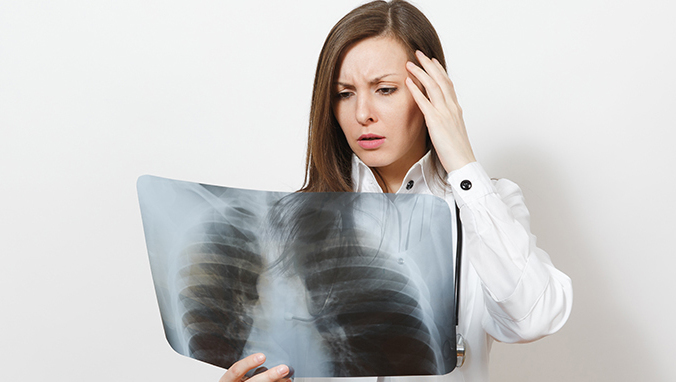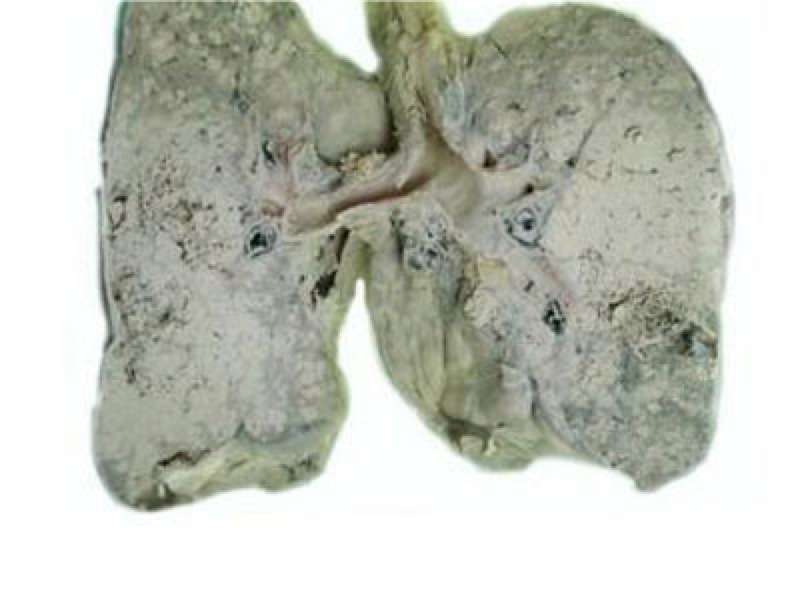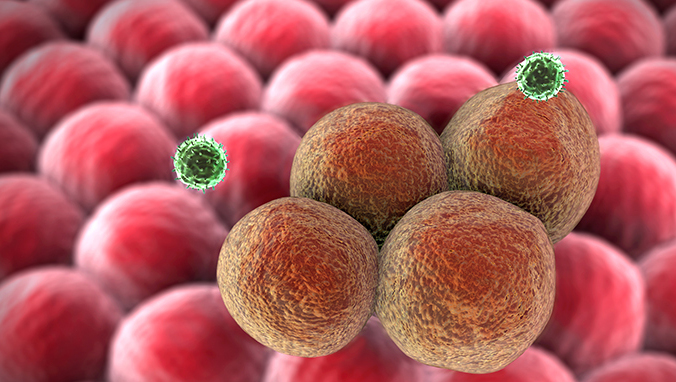What are the chemotherapy drugs for lung cancer
Chemotherapy is one of the three main methods of treating lung cancer. Although the side effects of chemotherapy are relatively large, the status of chemotherapy is very stable. Neoadjuvant chemotherapy before surgery can reduce tumor staging and increase the surgical resection rate, and can improve the long-term survival rate of stage III NSCLC patients.

Platinum has always been in chemotherapy Leading position, platinum combined with new chemotherapeutics is currently the first choice for the treatment of advanced NSCLC. These new chemotherapeutics include gemcitabine, vinorelbine, paclitaxel, and GP, NP, and PC regimens, respectively. According to reports in the literature, these chemotherapy regimens are more effective than the traditional commonly used regimens, CAP regimen and EP regimen, and can be used as first-line chemotherapy for advanced non-small cell lung cancer.
1. Gemcitabine has cell cycle specificity and is an antimetabolite anticancer drug. It mainly acts on the DNA synthesis phase (S phase). Under certain conditions, it can prevent G 1 phase from progressing to S phase. In vitro cytotoxicity is dose and time dependent.
2. The mechanism of vinorelbine is to block the polymerization of tubulin to form microtubules and induce microtubule depolymerization, so that the growth of cells stops in the middle of mitosis.
3. Paclitaxel interferes with the division process of the microtubule system and prevents tumor cells from mitosis. For locally advanced or metastatic NSCLC that has progressed after first-line platinum-based chemotherapy and has an appropriate behavioral status, second-line treatment of docetaxel is recommended;
4. Gefinitib combined chemotherapy cannot Improve the efficacy of advanced non-small cell lung cancer.
But experts still recommend gefitinib as a second-line or third-line treatment, a single drug for non-small cell lung cancer that fails after platinum and paclitaxel chemotherapy. The main side effects of these chemotherapy regimens are bone marrow suppression, hand-foot syndrome, and neurotoxicity. Too long a course of treatment can lead to accumulation of toxicity and cause other treatment-related symptoms and signs. This makes the most suitable course of chemotherapy for non-small cell lung cancer a very prominent issue at present.
There are three main treatment methods for lung cancer, surgery, radiotherapy, and chemotherapy. The above introduces chemotherapy. Although the effect is very good, the side effects are very large, which will cause the patient''s physique to decline rapidly, resulting in weakened immunity. Radiotherapy is also a very effective method for treating lung cancer. The current effective radiotherapy method is the jet knife, which is painless and non-invasive in treating lung cancer, with good effects and little side effects, and can effectively treat lung cancer.
Related Articles

- Early symptoms of lung cancer
- 2020-12-17

- Early Signs of Bladder Cancer
- What are the early symptoms of bladder cancer?
- 2020-12-17

- Is metastatic carcinoma easy to metastasize
- Once the cancer has metastasized, it will be very difficult to cure, because many people have lost their lives because of the emergence of cancer, so most people think that cancer is an un
- 2020-08-02

- What does microinfiltrating adenocarcinoma mean?
- Microinfiltrating adenocarcinoma is a type of lung cancer. The reason why it is called microinfiltration means that there is less infiltration around it, which means that it is in the early
- 2020-08-01

- How long can non-small cell adenocarcinoma live
- Adenocarcinoma is one of the most common malignant tumors in the world. Non-small cell adenocarcinoma accounts for about 80% of all adenocarcinomas. About 75% of patients are in the middle
- 2020-08-01

- Hand cancer
- Finger cancer generally refers to the appearance of skin cancer, which is characterized by local cauliflower-like skin and easy bleeding. Finger skin cancer is mostly a malignant tumor that
- 2020-08-01
